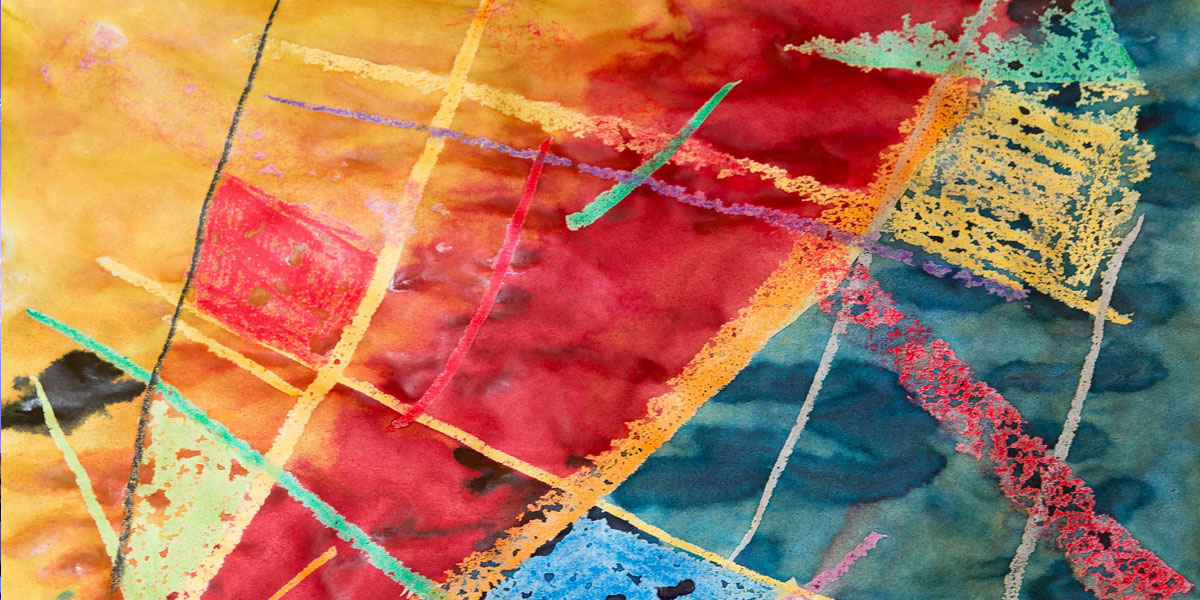Whenever I say this at home, everyone laughs, especially when I can’t remember what it is that I forgot. My wife jokes, “Tomorrow, you will forget me too!”, and we banter about my various bouts of forgetfulness in the past. Nowadays, it is justified as being natural for my age, however, she often reminds me of the time when we were newly married, in the days before mobile phones and text messages, and I was asked to run an errand for her after work. Instead, what did I do? I forgot to go to the Chalai Bazaar in Trivandrum where we lived, and went straight home from the office. Fortunately, she was not at home and I remembered what I had to do; so I caught a bus to the bazaar, and managed to salvage the situation.
Another time, over 40 years ago, a group of us had planned to meet at the railway station to bid goodbye to a friend who was emigrating to the USA. We were all very happy for him and his future prospects and I arrived all excited to see him off at 5.30 p.m., only to discover that we were supposed to get there at 4 p.m.! The train had departed, and along with it my friend, and everyone had a good laugh at my expense. But, the happy result is that my friend from the US remembers me and my blunder even today. So, I ask you, through my absent-mindedness am I not keeping them happy with anecdotes to share long after? Otherwise, they would forget me.
My point is: is my tendency to forget really a problem? I want to share a story, something I saw on television some time back. It was a news item about a group of boys from a village in Tamil Nadu who were always beaten up by the stronger boys from a neighbouring village – they always got the upper hand in their fist fights. At that time, there was a strong body-builder, a ‘pahilwan’, who was visiting their village, and they appealed to him to teach them some tactics to help them win against the other boys. The pahilwan suggested a solution, so at the next combat incident, he stood by under a tree to observe. The village boys were happy with his mere presence!
The fighting bout started as usual, but the outcome came as a major blow to the visiting rivals who got the shock of their life when they were trounced by the ‘weaklings’. Nothing had changed in their physical constitution; what gave them strength was recalling their guru’s guidance, so much so that they FORGOT they were supposed to be weak. In this case, forgetting worked out in their favour.
Another instance of forgetting is when we become oblivious of our surroundings and become totally engaged in the ongoing activity. This has happened many-a-time with me when I sit for meditation. I started Heartfulness Meditation back in 1978 and I remember an instance in Goa, where I was posted from work. A trainer came to our house for a meditation session with my wife and me. It started at 2 p.m. and went on and on. At one point, I opened one eye to look at the time – it was 3.30 p.m.! Still, our trainer was deeply absorbed, even though there were household goings-on all around him. We didn’t wish to disturb him, but I ultimately picked up the courage to tap him on the shoulder. He realised how long it had been and had to leave urgently for somewhere else. In this instance, did he forget about us or was he just lost in the session?
Heartfulness is now all-pervasive in my life and I try to maintain the meditative state throughout my workday. My desk is strewn with papers, which people perceive as making me very important and busy. But there is some method to the madness on my desk, and, at a crucial time, when I’m rummaging for a particular document, I seek help from within. With that focus, I’m easily able to locate the paper!
Recently, during a Library Program at our Heartfulness research institute in Bangalore, I discovered the work of Maulana Jalaluddin Rumi. I perused the books and came across a discourse in which Rumi elucidates about forgetting. He gave a beautiful example: “If a king sends you to a village on a specific purpose, but you go and perform 100 other tasks, neglecting to accomplish the one task for which you were sent, it is as though you have done nothing there. Man comes into this world for a specific task and aim. If he doesn’t fulfill this, he does nothing.”
What is this specific task? Who is the king? This spurred my thinking. We all have an idea of what we are doing for our livelihood and we work for success. We have knowledge of our physical body and the working of our mind, to some extent, to make decisions in life. We have some control over these. But are we merely playing around with these ideas and our senses, when our aim is really to go deep into the heart of the matter? Perhaps we have forgotten the reality of things that are happening behind the curtain. We need to go inside our Heart.
As this is a challenge for me to do alone, I turned to Heartfulness; I have deep faith in the organisation, the Guide, and the method. No longer do I have to fall into the whirlpool of my thoughts. No longer do I forget why I was put here on this Earth!
– Bhaskara Babu






